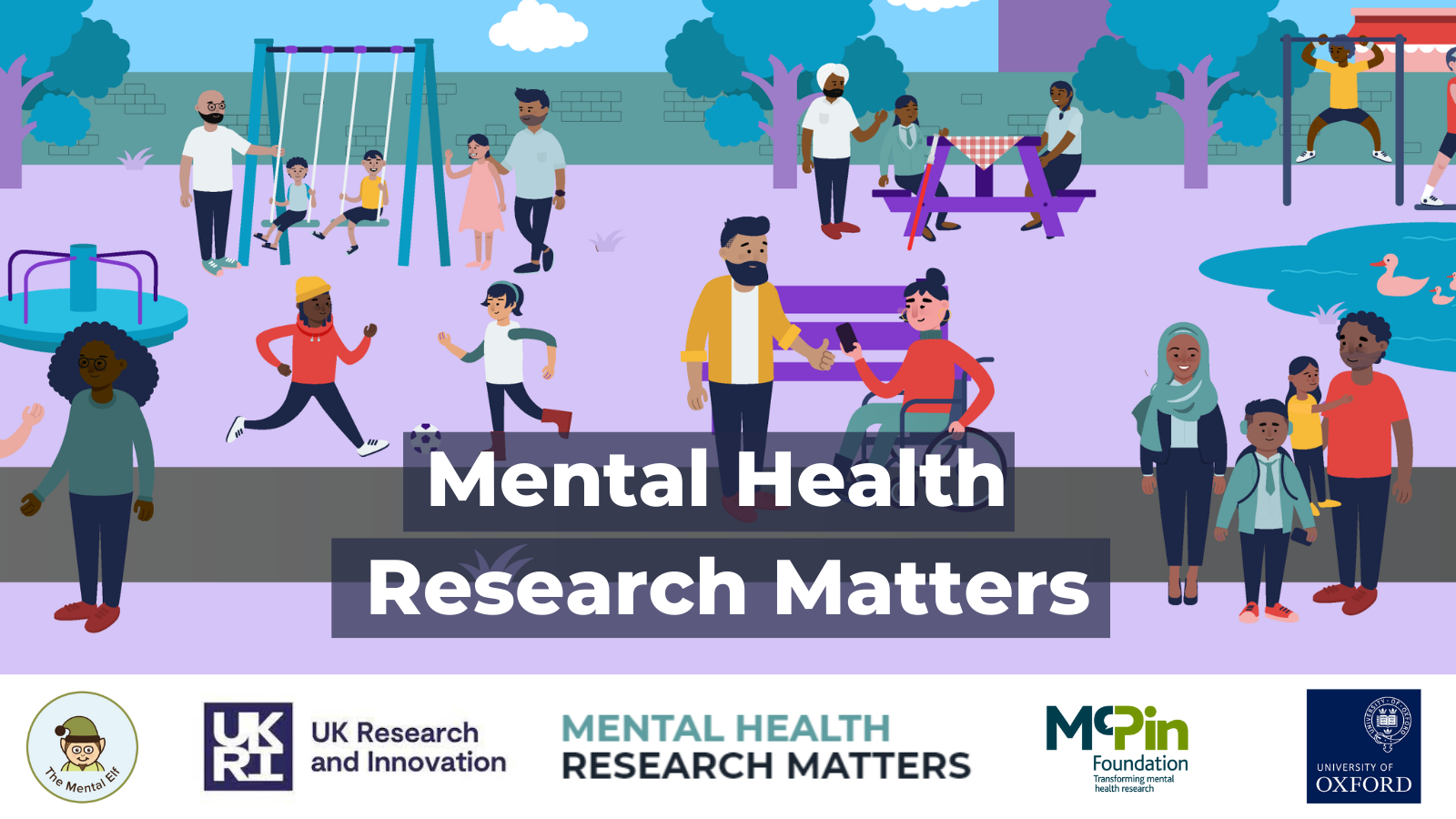COVID-19 has worsened and deepened the longstanding mental health inequalities for ethnic minorities. Higher levels of anxiety and depression were reported in ethnic minorities across the pandemic, however, they had less support from mental health services. Dr Yu Fu’s study aims to identify what changes happened to mental health services for adults during the pandemic, and how such changes affected ethnic minority groups. The findings will help the NHS to develop culturally appropriate care that meets the social, cultural, ethical, and religious needs of patients post-pandemic.
Focus on understanding inequalities
This study was developed together with people with lived experience. The team is examining studies to see what changes to mental health services and models of care have happened during the pandemic. Information and data collected by the NHS before, during, and after lockdown in areas where a large proportion of ethnic minorities live will be used to compare changes in service use and how these changes affect people. People with lived experience will be interviewed to explore what worked well during the pandemic and how they define a high-quality service.
Centring lived experience
A list of effective and acceptable services and positive features of service provision will be identified. Patients, laypeople, professionals, and commissioners will then rate the importance of these services/features. The results will be discussed with all stakeholder groups to make recommendations on how mental health services should be provided and what would be the core ingredients for culturally appropriate care. This has the potential to lead to future research investigating the impact of recommended services and features on people with different health conditions where mental health is common comorbidity or sequelae.
Finally, a formal report will be widely shared with all stakeholder groups including individuals and organisations in ethnic minority communities, patients with mental health issues, service providers, and commissioners. Social media platforms and webinars will be used to engage key stakeholders and share emerging findings.
#MentalHealthResearchMatters
There are so many different approaches to take in mental health research. For more about why #MHRmatters and how you can get involved, join the conversation #mentalhealthresearchmatters


